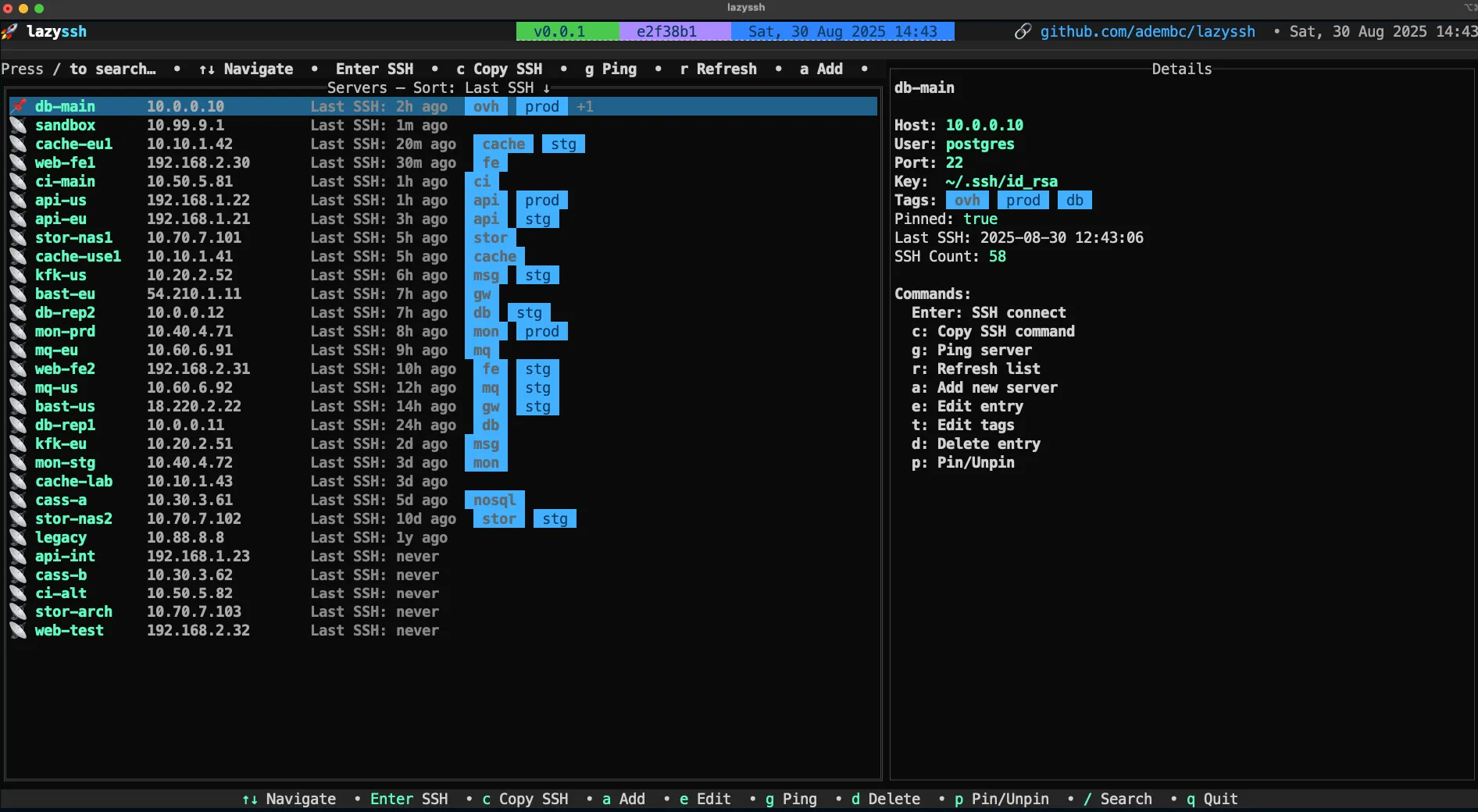The Story Behind Canonical’s Choice of “Ubuntu” for Their Linux Distribution
When Canonical Ltd. launched its Linux distribution in 2004, they made a choice that would shape the identity and ethos of their software: they named it “Ubuntu.” The name, rooted in African philosophy, reflects values of humanity, community, and generosity, aligning perfectly with the principles of open-source software.
What is Ubuntu?
“Ubuntu” is a Nguni Bantu term roughly translating to “humanity towards others.” It’s a philosophy that emphasizes the interconnectedness of all people, promoting the idea that we are who we are through our relationships with others. Archbishop Desmond Tutu and Nelson Mandela popularized the term globally, associating it with compassion, respect, and community—a fitting inspiration for a project grounded in collaboration and openness.
Why Canonical Chose Ubuntu
When Canonical’s founder, Mark Shuttleworth, was considering names for the new Linux distribution, he wanted something that would resonate with the project’s goals. The name “Ubuntu” was chosen because it encapsulated the spirit of what Shuttleworth and his team wanted to achieve: a user-friendly, accessible, and community-driven operating system. By adopting this name, Canonical signaled a commitment to these values, intending to create software that is not just technically robust, but also ethically grounded.
The Philosophy in Practice
Ubuntu’s naming isn’t just symbolic; it permeates the project’s culture and practices:
- Community-Driven Development: Ubuntu is developed by a global community of contributors. Canonical supports and coordinates this community, but the contributions come from volunteers and enthusiasts who share a common goal: to improve the software for everyone.
- Open Source Ethos: The Ubuntu project adheres to the principles of open source. This means that anyone can access, modify, and distribute the source code. This openness ensures transparency and fosters a collaborative environment where innovation thrives.
- Accessibility and Usability: True to its name, Ubuntu strives to be accessible to everyone, regardless of technical expertise. It offers an intuitive user interface and extensive documentation, making it easy for newcomers to the world of Linux to get started.
- Regular Releases and LTS Versions: Ubuntu follows a predictable release cycle, with new versions every six months and Long Term Support (LTS) versions every two years. This reliability helps users and organizations plan and maintain their systems effectively.
Impact and Legacy
Since its inception, Ubuntu has become one of the most popular Linux distributions in the world. It is widely used on desktops, servers, and even in the cloud. Its name has become synonymous with a user-friendly Linux experience, without compromising on the power and flexibility that Linux offers.
Canonical’s decision to name their distribution Ubuntu has had a lasting impact. It’s a daily reminder for both the developers and the users of the core values that drive the project: humanity, collaboration, and generosity. As Ubuntu continues to evolve, these principles remain at the heart of everything it does, ensuring that the software not only serves its users but also uplifts and empowers them.
The name “Ubuntu” is more than just a label for Canonical’s Linux distribution; it’s a philosophy and a guiding principle. By choosing this name, Canonical set the tone for a project that is inclusive, community-oriented, and dedicated to the idea that software should bring people together and improve lives. Ubuntu’s success and enduring popularity are testaments to the power of this vision.





Post Comment